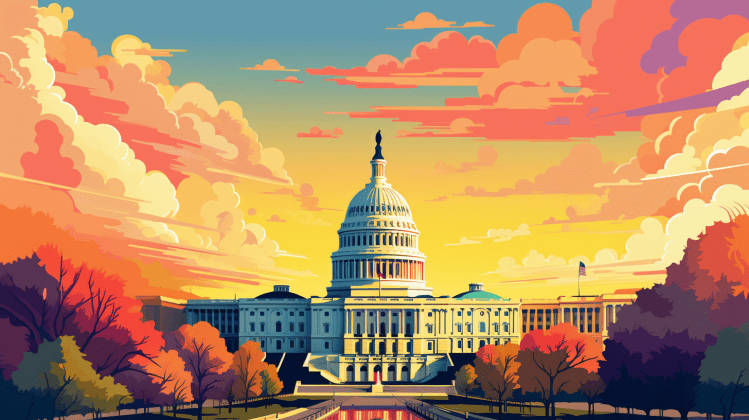Leaders in the field of artificial intelligence (AI) expressed their positive outlook on the second closed-door Senate AI Insight Forum, emphasizing the serious consideration being given to the risks and potential regulation surrounding AI. The event saw the participation of approximately 20 Senators and 60 Senate staffers, including the event’s hosts Senators Chuck Schumer, Mike Rounds, Martin Heinrich, and Todd Young.
“I was encouraged by how constructive the senators were.”
Evan Smith, co-founder and CEO of Altana AI, stressed the bipartisan and constructive nature of the engagement between civil society, industry, and the senators. Smith presented to the senators on the positive impacts of AI across various sectors, including law enforcement, national security, climate, and economic resiliency. He highlighted the need to create value from this new technology while establishing necessary guardrails.
The forum, organized by Senate Majority Leader Chuck Schumer, focused on “transformational innovation” in the fields of medicine, energy, and science, with an emphasis on sustainable innovation and advancements in AI accountability and transparency.
Key Attendees
- Marc Andreessen – a16z
- John Doerr – Venture Capitalist
- Aidan Gomez – CEO of Cohere
- Alondra Nelson – Former White House Policy Advisor
- Max Tegmark – Future of Life Institute
- Derrick Johnson – NAACP CEO
“The framing was the structure of the entire conversation people engaged on both aspects… it was a really robust conversation.”
Alexandra Reeve Givens, CEO of the Center for Democracy & Technology, praised the focus on “transformational” and “sustainable” innovation and its implications for product safety. As a consumer advocate, Givens found the conversation to be encouraging and engaging.
However, Suresh Venkatasubramanian, former White House policy advisor and Brown University professor, expressed his desire for more discussion on specific regulatory frameworks and the absence of a civil-rights focused forum.
“The expected issues came up but didn’t dominate… the conversation in the room was more nuanced than that.”
Venkatasubramanian highlighted the nuanced nature of the discussions, contrary to concerns that extreme perspectives would overshadow other viewpoints. While there were diverse opinions in the room, the debate remained healthy and rooted in shared objectives.
“I think the most extreme positions included things like creating a new federal agency to regulate and license all things AI… What we don’t want is, you know, five or six companies to control the future of probably the most important technology we ever created as a species.”
Evan Smith expressed his concerns regarding extreme positions on regulatory measures, such as the creation of a new federal agency. He emphasized the importance of avoiding the concentration of power in a few companies and ensuring a collaborative approach to shaping the future of AI.
Senate Majority Leader Chuck Schumer acknowledged the need for further discussions in the form of additional forums and committee hearings in Congress to develop comprehensive and bipartisan AI legislation. Members of the Senate expressed their eagerness to take action promptly and indicated the aim to finalize the legislation by the end of the year.
“There was a sense that senators want to do something and soon.”









